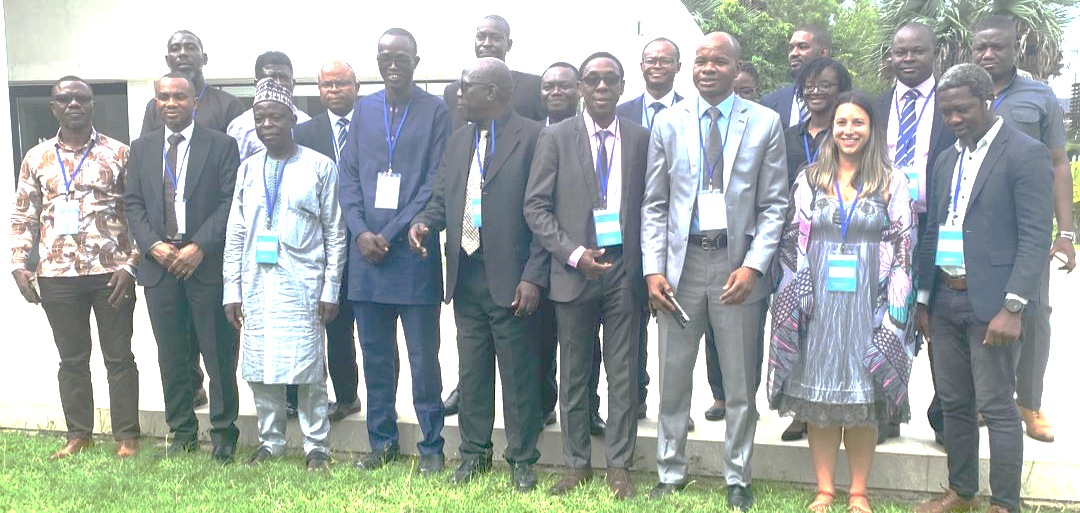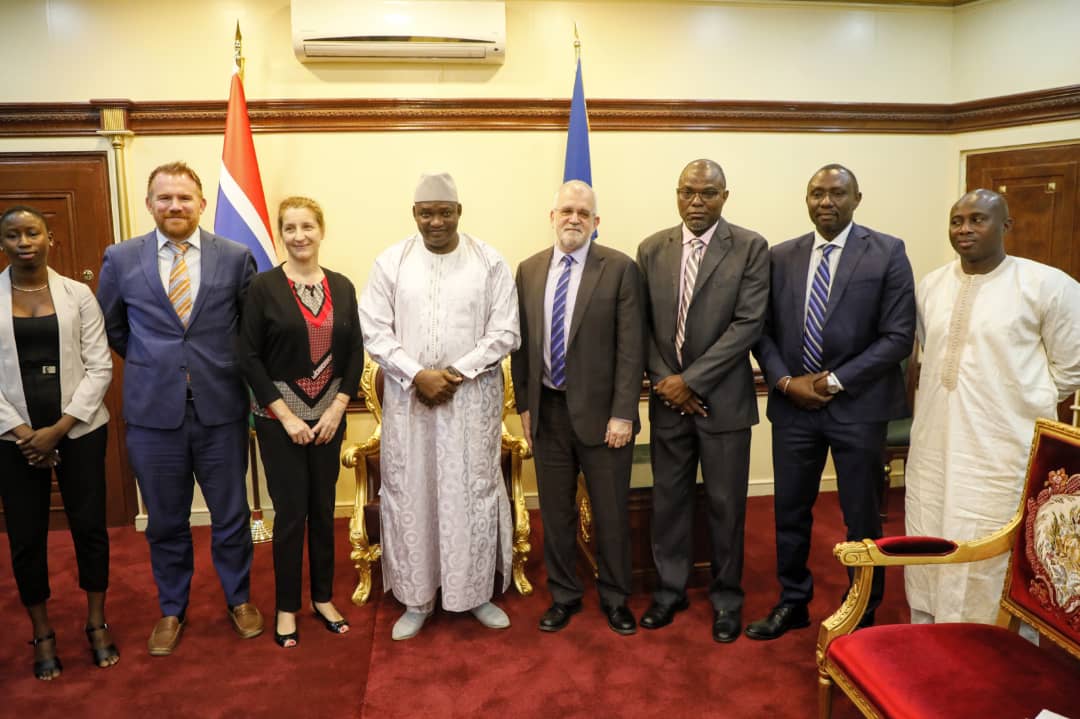By Binta Jaiteh
Mr. Bakary Dosso, Senior Economic Affairs Officer, Chief of the Centre Demographics for Development at the Economic Commission for Africa (ECA) has said that 2022 economic growth is forecasted at 4. 2% amid inflation pressure in all the countries of the continent.
He said if the dynamic continues African countries will not achieve the sustainable development goal of 7.0 percent economic growth.
He made the statement at the opening of the United Nations Economic Commission for Africa in partnership with AFRISTAT and ECOWAS four-day forum and 3rd edition of the seminar on ‘’Recent economic situation and short-term forecast in the ECOWAS English Speaking countries’’ held at Tamala Hotel.
According to him, inflation is forecasted by their institution at 1.7 % in 2022 the highest rate of the last decade, and the target for economic growth is 7.0 %, elimination of poverty in all of its forms, and education target.
The seminar brought together the English-speaking countries of the ECOWAS including Gambia, Ghana, Liberia, Nigeria, and Sierra Leone; it complements an equivalent initiative organized twice a year.
“ECA forum brought together statisticians, micro-economies, forecasters from the Ministry of Finance and Economic Affairs, from the National statistical office and Central Bank to review the recent economic situation of the region faced by internal and global challenges.
The main objective for this seminar is to take stock of the recent economic situation and forecast in West Africa for 2022 and 2023,” he said.
He pointed out that the seminar is organized at a difficult time for the world and Africa wherein, noting that the region of West Africa is strongly impacted by a series of unprecedented crises lingering the effects of the COVID-19 pandemic which led to the first recession of in the region in decades, and now Ukraine Russia conflict that has disrupted energy, food and agricultural supply chains.
He added that this is happening in a region already shaken by challenges like climate change, insecurity in the Sahel, political politics, and stability.
According to him, the ECA estimates indicate that the economic growth contracted by 0.6% in 2020 in West Africa while in 2021 growth resumes slowly at 4. 3 % a performance worth below 7.6% required to absorb the negative impact of the preceding year.
He pointed out that the seminar is a pure learning platform in the early stages of economic monitoring, short -term economic forecasting contributes to the effort made by countries and regional organizations in the implementation and monitoring of microeconomic policies.
He noted that the outcome of the seminar will inform the circulation of the economic profile report of West Africa which will be presented to the ECA SRO statutory body.
Serge Jean, an AFROSTART representative said in a year it is very important to discuss the recent economic situation and analysis the economic forecast for the two next years for policymakers and this session is organized in the context of the COVID-19 Pandemic and Ukraine Russia crisis and the social-political crisis of countries.
Jean called for a need for sharing experiences on crisis impact on economies and major taken by countries to face problems of governments
IIiyasu M. Bobbi, representative of the ECOWAS Commission noted that this is a clear demonstration of the excellent level of cooperation existing between the ECOWAS Commission and the ECA.
Bobbi also said the forum is meant to share ideas on the institutional arrangement and methodology for monitoring the recent economic development in our countries and forecasting methods.
“I urge all the participants to share ideas and ask questions. In 2020 the economy contracted by almost 1%, 0.8 %, and in 2021 it posted a growth rate of 4. 2 %. The recovery was largely attributed to the performances of all member states driven mainly by agriculture export of raw materials and export of activities in the service sector, especially transportation and hospitality,” Bobbi noted.
However, based on the report we received from member states that the impact of global economic conditions as well as the local political situation including conflicts and insecurities was significant, ECOWAS performance in 2022 though not consolidated yet we need the performance of the global economy characterized by high inflation and increased debt burden.
Allagie Fadera, director of development planning Ministry of Finance and Economic Affairs outlined that the timing of the seminar is important as member states are still healing from the impact of the COVID-19 pandemic, Ukraine, and Russia wars.
“We are confronted by the climate change resilience which has a significant impact on our development and all these challenges combined is speeding into economic and other socio-economic challenges,” he said.





